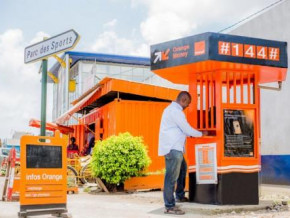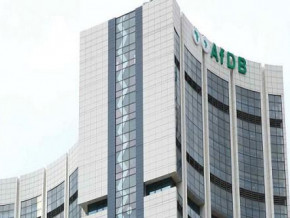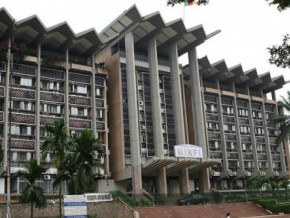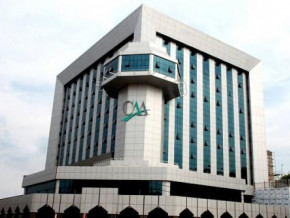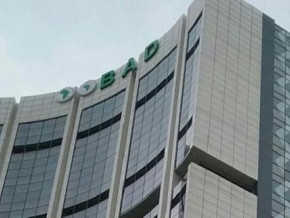
Morocco's Cimaf to triple cement production in Cameroon by March 2024
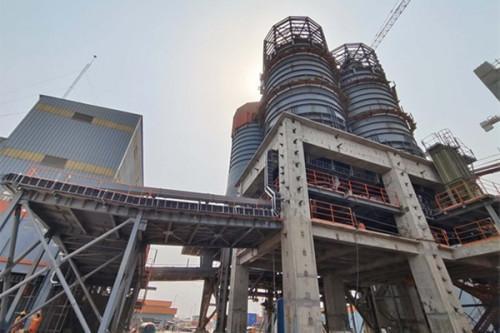
(Business in Cameroon) - Ciments de l’Afrique (Cimaf), a local subsidiary of Moroccan group Omnium des industries et de la promotion (OIP), has announced that its new production line, initially slated for launch in the last quarter of 2023, is now expected to begin operations by the end of March 2024. This expansion will enable the Moroccan firm to triple its annual cement production capacity in Cameroon to 1.5 million tons.
With this investment, Cimaf aims to extend its market reach across the country and even to neighboring countries, including the Central African Republic. The company is also pleased to report that the project will create over 450 direct and indirect jobs, leading to a positive socioeconomic impact on the local community.
The new production unit (CFA26 billion) has benefited from the 2013 law (revised in 2017) designed to incentivize private investment in the Republic of Cameroon. This law offers investors various tax and customs exemptions for periods ranging from 5 to 10 years, covering both the project launch and operational phases. A significant agreement under this law was signed on February 3, 2022, between Cimaf shareholders and Cameroon's Investment Promotion Agency (API), which enforces the 2013 legislation.
Upon reaching a production capacity of 1.5 million tons of cement, Cimaf will join Dangote Cement as a top producer in Cameroon. This is in anticipation of a second plant announced by the Nigerian group since 2015, which is expected to be located in the suburbs of Yaoundé. Cimencam, part of the Lafarge Holcim Maroc Afrique (LHMA) group, remains the leader in cement production, with its capacity set to increase to 2.3 million tons in early 2024, thanks to a new 500,000-ton production line at its Figuil plant in the northern part of the country.
Despite the increase in cement production capacities in Cameroon since 2015, with new factories (Dangote, Cimaf, Mira Company, Medcem Cameroon) ending nearly 50 years of Lafarge's French monopoly, the price of a 50kg bag of cement is considered high compared to other countries at the same development level. Both producers and the government, which has occasionally accused manufacturers of "illicit price fixing," attribute the high costs to the importation of clinker, a raw material essential for cement production, which increases the production costs for the industry.
Mags frontpage
- Most read 7 days
- shared 1 month
- read 1 month



